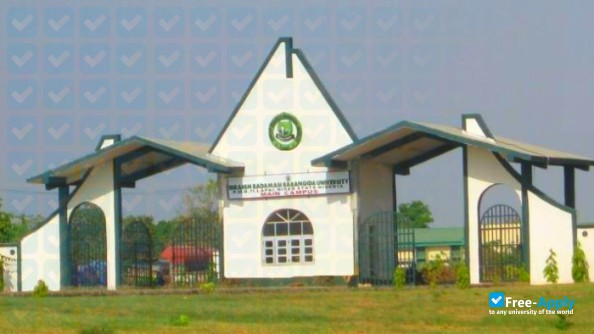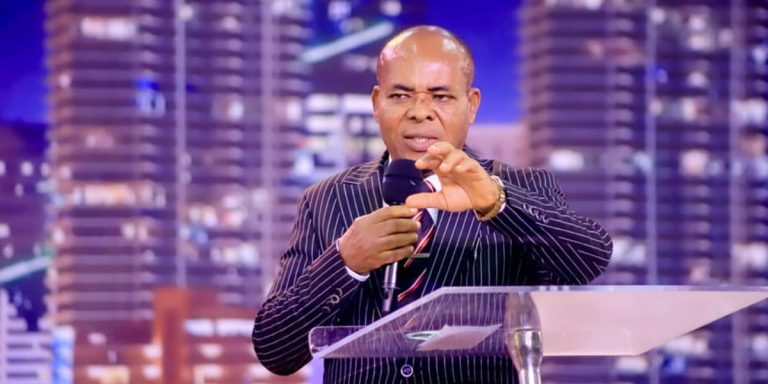Africa and the Caribbean Urged to Reimagine Economic Growth
In a powerful call to action, African Development Bank Group Executive Director Rufus N. Darkortey challenged countries across Africa and the Caribbean to rethink their approach to economic growth. Speaking at the Africa-Caribbean Infrastructure Forum in Washington DC, Darkortey emphasized the need for bold, innovative, and homegrown solutions to fast-track the transition from low to middle-income status.
Unless the current development financing model is changed, Darkortey warned, Africa and the Caribbean could remain trapped in low-income status for another 100 years. However, with smart reforms and a focus on domestic resource mobilization and private sector development, this transformation can be achieved in just 30 to 50 years, as seen in the success stories of the Asian Tigers.
The forum, which brought together senior policymakers, development finance leaders, and private sector actors, highlighted the need for sustainable growth driven by robust domestic economies. Darkortey stressed that expanding fiscal space, modernizing public financial management, and strengthening domestic private sector actors, particularly small and medium-sized enterprises (SMEs), is crucial for unlocking internal capital for development.
Stark statistics illustrate the development gaps in Africa and the Caribbean. Despite significant progress in adding 1.9 million kilometers of roads since 1995, only 30% of African roads are paved, compared to 92% in East Asia. Electricity access remains limited, with only 58% of Africans and 82% of Caribbean citizens having access to power.
To address these challenges, Darkortey proposed several public-private partnership approaches, including output-based aid, build-operate-transfer infrastructure arrangements, and blended finance mechanisms. He also highlighted the success stories of Vietnam, Bangladesh, Ethiopia, and the Dominican Republic, which have achieved remarkable transformations through domestic capital mobilization, SME-driven innovation, and sovereign economic and infrastructure development.
The forum featured a panel of prominent experts, including Caribbean Development Bank Vice President Dr. Isaac Solomon and Zambia’s Ambassador to the United States, Dr. Chibamba Kanyama. The panel offered deep insights into unlocking private capital and scaling public-private partnerships, painting a rich picture of what is possible when public policy and private enterprise align to pursue shared goals.
As Darkortey concluded, "Let this century be remembered not for aid dependency, but for domestic capital mobilization, SME-driven innovation, and sovereign economic and infrastructure development." The African Development Bank is already driving transformation and development through projects like the Desert to Power initiative, which aims to provide renewable energy to 250 million people in the Sahel. With a renewed focus on homegrown solutions and public-private partnerships, Africa and the Caribbean can unlock their full potential and achieve sustainable economic growth.



